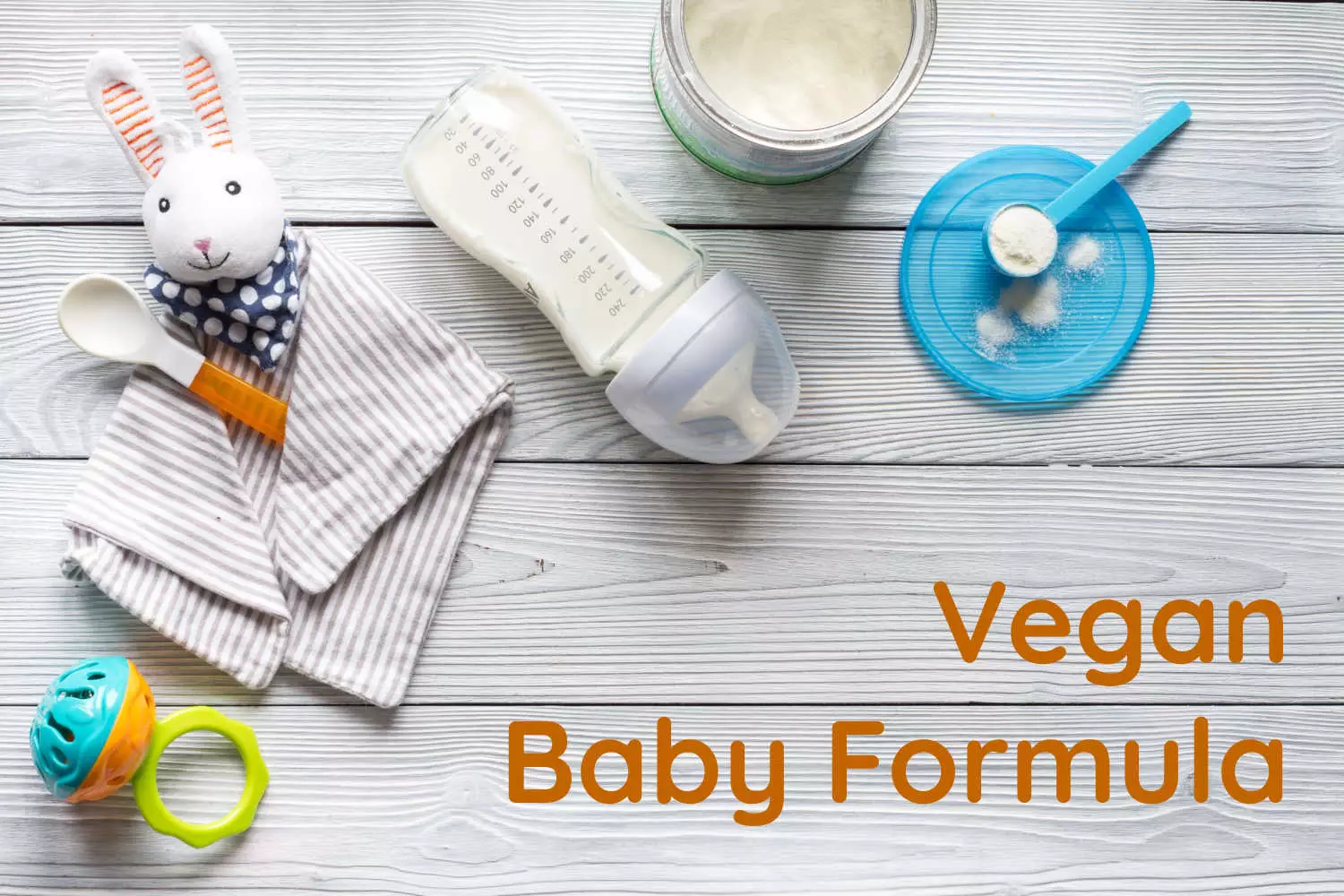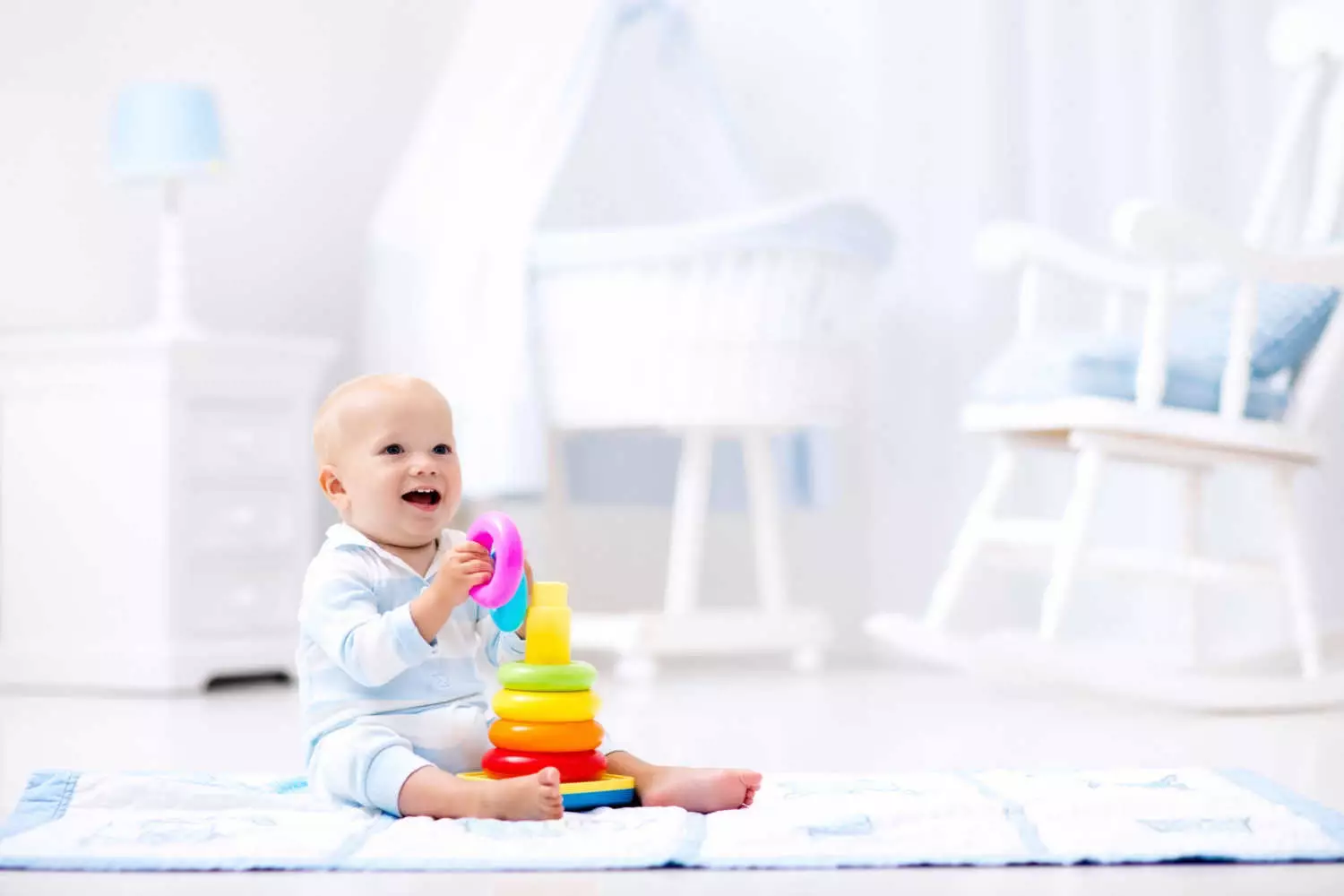
All You Should Know About Newborn Feeding In First 24 Hours After Birth
4 min readWritten by Editorial Team


If you are heaving a sigh of relief now that the birth is over, we have some not-so-good news for you. The birth was just the beginning. You have a tough path ahead, filled with sleepless nights, unexplained baby crankiness, colic cries, and many times, feeding woes. This particular piece focuses on that last bit – feeding woes. Newborn feeding will not be an easy task for new mothers.
While no one says it out loud, breastfeeding is no walk in the park for many women. It takes time and patience and a lot of effort from your baby. And feeding is the first key task you have after birth. How do you go about it, especially in the first 24 hours after birth? Read on.
In This Article
- What Happens To The Baby On The First Day?
- What Happens To You On The First Day?
- Tips For Breastfeeding Your Baby During The First 24 Hours
- Tips For Bottle-feeding Your Baby During The First 24 Hours
What Happens To The Baby On The First Day?
Your baby’s life has changed completely. He was in a dim environment before, now everything is bright and shiny. He was in a slow-moving world before, now there is chaos around. The baby had a quiet nine odd months, and now life is noisy.
And most importantly, he now experiences hunger! So the key to feeding woes seems simple – make sure you feed the baby before he gets hungry. Once the baby cries, it means it is a little too late. Your objective should be to feed before the crying starts. Easy? Not
What Happens To You On The First Day?
If you thought your baby is having a tough day, spare a thought for yourself too. Whether you had a vaginal birth or caesarian birth, you are healing and in pain on the first day.
You might also have bleeding and tummy cramps. You might be finding it difficult even to sit up, let alone feed the baby before the crying start. Despite all the pain, you might, however, be very eager to start breastfeeding. Here are some tips that will help you.
Tips For Breastfeeding Your Baby During The First 24 Hours

Your baby will need anywhere between 10 to 15 feeds on day one. His tummy is the size of a small marble and this means he will need small feeds more often. Find out some tips to feed the newborn.
- Getting the latch right is the first step. Make sure your baby comes to your breast and not the other way around. Ensure the baby has opened his mouth enough to take in a mouthful of your breast
- Make sure you are in a comfortable position. Trust us, you do not need to break your back over this one. Many new moms find that the cradling positions work best for them initially. They like to cradle their baby across their chest, a little elevated with the help of a pillow. So, spend some time working out what position is best for you and your baby
- Keep the baby close to you as you feed. The more skin contact the better
- Do not force the baby to feed. Talk in a soothing way and calm the baby before starting to feed. His comfort and calmness are extremely important for a successful feed
- Enquire if the hospital you are admitted to has a lactation consultant. They are specially trained to help new mothers with feeding and they can answer any questions you might have
- Remember that your baby might be very sleepy during the first 24 hours and this is ok and normal. But try to breastfeed every 3 hours during the day and every 4 hours during the night
- The first few times you might take around 45 minutes per feed leaving you with the feeling that your life has become all about breastfeeding. Initially, the first milk, known as colostrum will be produced by your breasts. It is thick and full of antibodies and immunoglobulin. Colostrum is very essential for the newborn as it protects the baby from various viruses and bacteria. Do not worry about these long feeding sessions. Eventually, in a couple of days, your milk will start to come in and then the feeding time will also come down to 15 minutes
Breastfeeding might be tricky at first. This is common, so do not despair. Both you and the baby need practice and we assure you that you both will get better at it with time.
Tips For Bottle-Feeding Your Baby During The First 24 Hours

- Bottle-fed babies usually take in more milk than breastfeeding babies
- Try to make eye contact, and cradle the baby close to your body to enjoy the feeding time
- Feed slowly by trying to keep the baby in an upright position and the bottle horizontal, so that you do not flood the baby’s mouth with milk
- In order to make sure your baby does not suck in air while feeding, tilt the bottle so that the milk fills into the neck of the bottle and the nipple is covered
- Make sure you follow the exact instructions mentioned on the formula box and not over-or under-dilute the milk. Also, ensure necessary hygiene conditions for all the vessels and ingredients used
If your baby slows down or rests while being fed, then these pauses may be signs that your baby is full. These breaks give your baby time to sense if he is full or not. Do keep a watch on these signs when feeding your newborn. Whether your baby is breastfed or bottle-fed, she will not need any additional fluids.
Remember that despite your best efforts, your baby will lose some weight in the initial days. This is absolutely normal. The gain will start in a few days as you and the baby become better at feeding and routine sets in. Good luck.

Editorial Team,
With a rich experience in pregnancy and parenting, our team of experts create insightful, well-curated, and easy-to-read content for our to-be-parents and parents at all stages of parenting.Read more.
Responses (0)
Want curated content sharply tailored for your exact stage of parenting?
Related articles

Vegan Baby Formula – When to Introduce, Benefits and How to Choose

Neonatal Hypoglycemia – Causes, Symptoms & Prevention

Top Activities For a 5 Month Old Baby – Benefits and Tips For Parents

Top 8 Best Sound Books For Babies in First Year

Jojoba Oil For Babies – Is it Safe to Use and Top Benefits

Stacking Toys For Babies – How it Helps in Baby’s Development
Sponsored content
Discover great local businesses around you for your kids.
Get regular updates, great recommendations and other right stuff at the right time.





